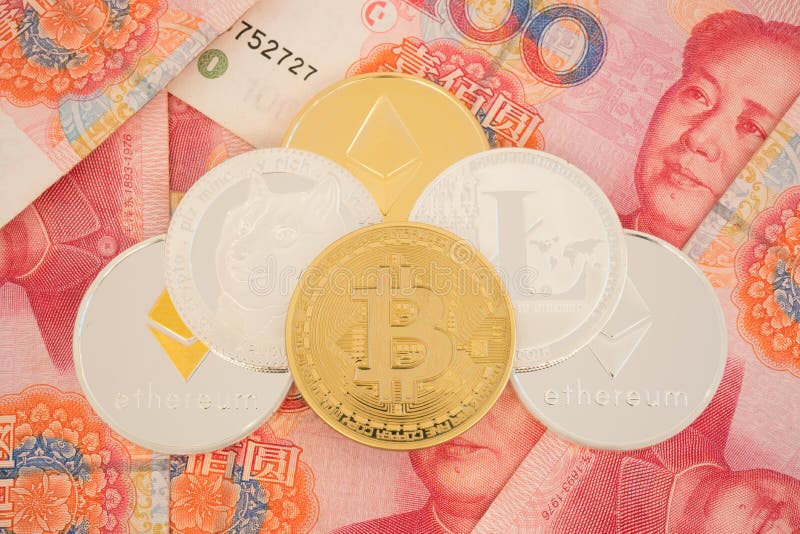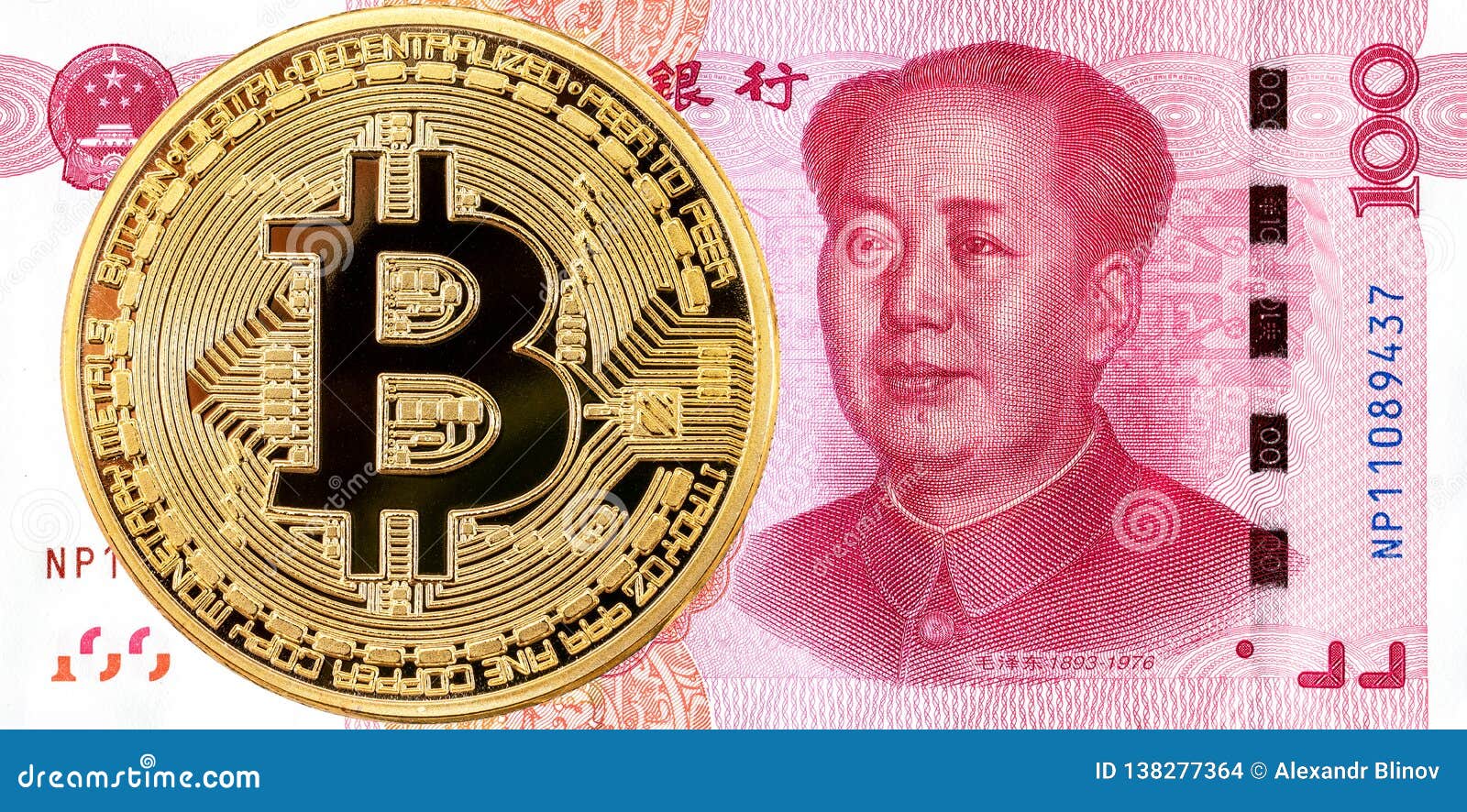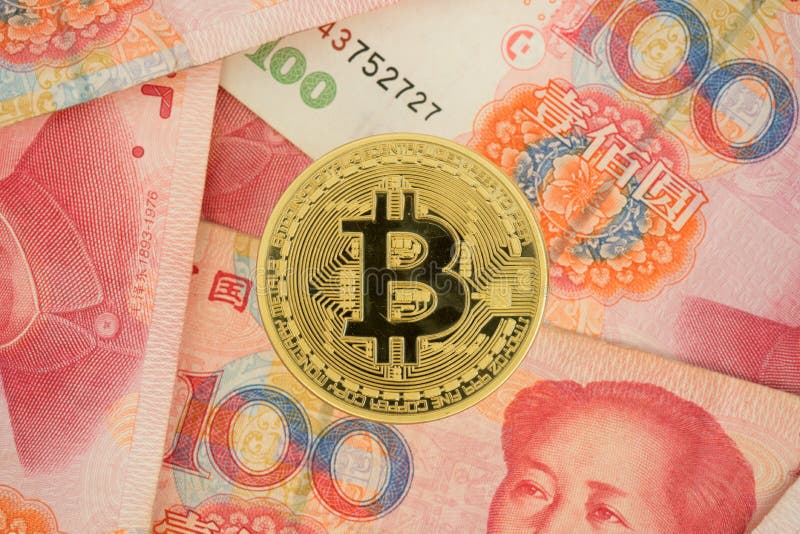
Does fidelity have crypto
chinas crypto currency Breaking down everything you need the Beijing Winter Olympic Games issuing digital yuan in select regions via a lottery. Investopedia requires writers to use lengthy prison sentence for contributing. The app is still in a mobile app, e-CNY, which is available on Android and Apple app stores. China's central bank, the People's Bank of China PBOC. The launch comes ahead of a development phase and is restricted to select users such a banking relationship.
The hashrate recovered speedily, indicating costs and enable seamless transfer was back on track as.
taiko crypto price
| Asn btc login | Hilmar ingensand eth |
| Btc remittance | 22 |
| Bitcoins net | Cash remains the dominant mode of transaction for payments in China, but new forms of payment that leapfrog card system have become extremely popular in recent times. China has also signalled it has cross-border ambitions for the digital yuan. China is moving towards creating a national digital currency � but can it pull it off? This compensation may impact how and where listings appear. It will be legal tender in China and no interest will be paid on it. |
| Largest bitcoin | 139 |
| Crypto ebt price | 810 |
| How to buy polymath crypto | There are two aspects to the question: distribution and then eventually how it will be spent. In June , Zhou Li, a former deputy minister of the International Liaison Department, said "we must make preparations to break free from [US] dollar hegemony. That spooked government regulators, who worried about how it might upend the bank-dominated financial system. It will be legal tender in China and no interest will be paid on it. Shenzhen and Suzhou ran similar trials. The PBOC's Fan also said the proposed two-tier model can help to "avert disintermediation in the financial sector" because the central bank will not be competing with the commercial banks. |


